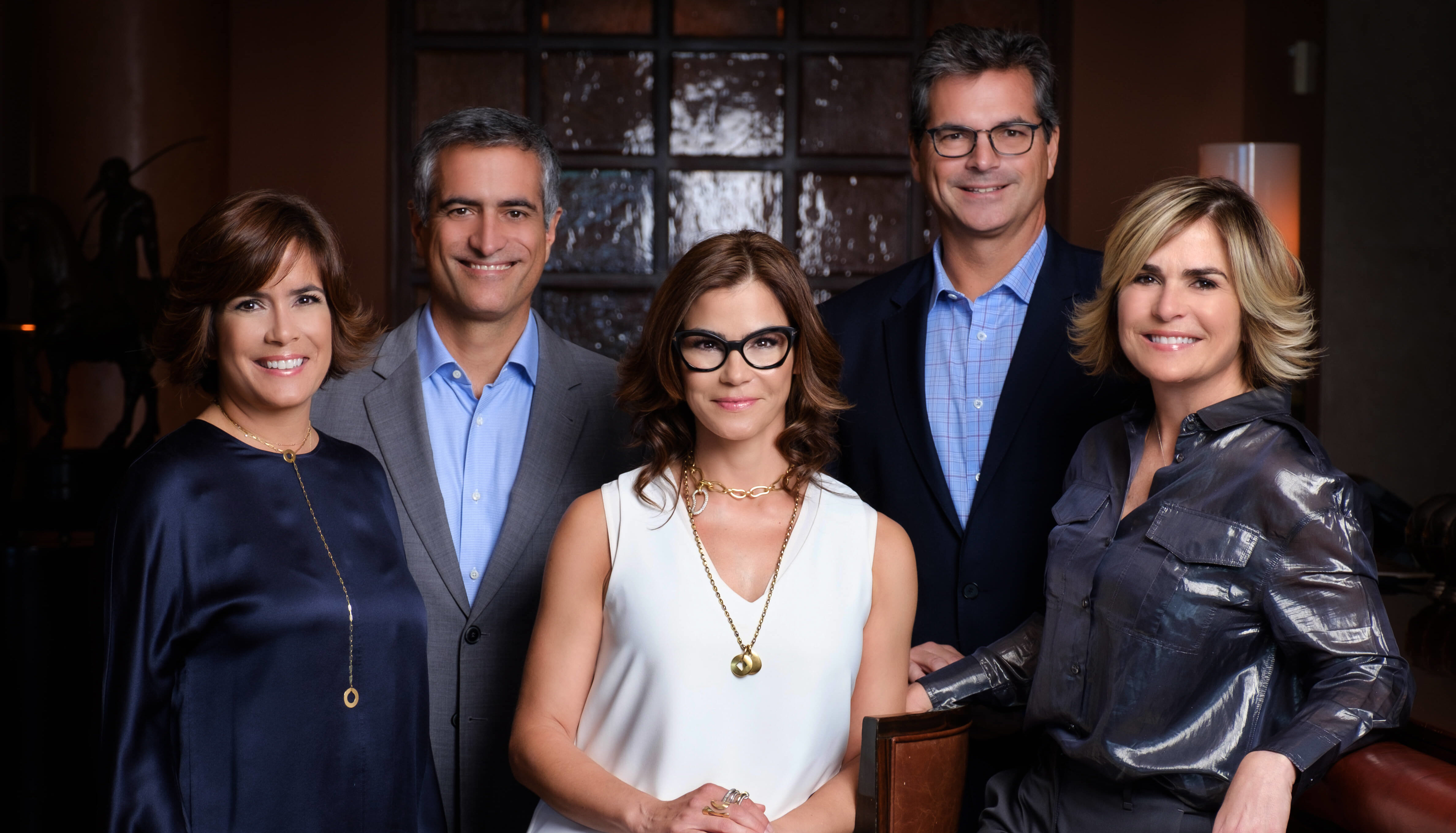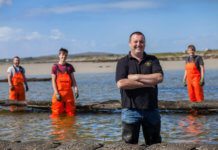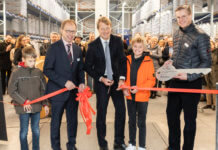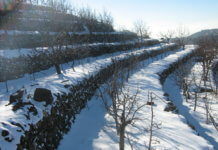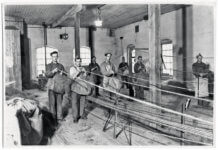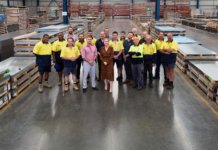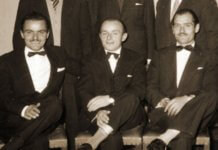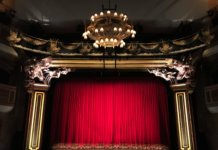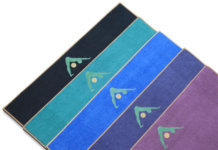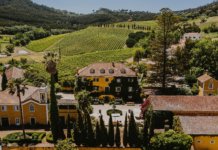With a strategic approach that emphasises internationalisation, diversification and social innovation, Grupo Ferré Rangel, Puerto Rico’s family-owned, multinational, strategic investment holding company, has achieved that delicate and powerful balance that has defined the family’s success for over a century.
The company’s policy of social innovation was initiated by its founder and has been transmitted from generation to generation through the humble and relatable medium of daily family dinners. Even with an expansive international portfolio that includes real estate, media and customer engagement vehicles, the company’s guiding principles remain firmly set in the values of sustainability, positive transformation and family relationships.
Two years ago, Puerto Ricans were forced to take on the immediacy of disaster management. Not only did Grupo Ferré Rangel’s media subsidiaries attract global attention to the devastation caused by Puerto Rico’s 2017 hurricane, but they also coordinated efforts to assist in the nation’s recovery demonstrating the family’s unshakeable belief in community.
María Eugenia Ferré Rangel, Chief Communications Officer and Chairwoman of the Board of GFR Media, Antonio Luis Ferré Rangel, CEO of Kingbird Investment Management, the real estate division, and his twin brother Luis Alberto Ferré Rangel, who manages the group’s social innovation strategy, share leadership responsibilities with their two other siblings, María Luisa, Chief Executive Officer and Loren, Chief Creative Officer. We spoke to María Eugenia, Antonio Luis and Luis Alberto about the company’s entrepreneurial origin story, their ability to respond to macroeconomic changes, the group’s powerful social mission and their vision for the next generation.
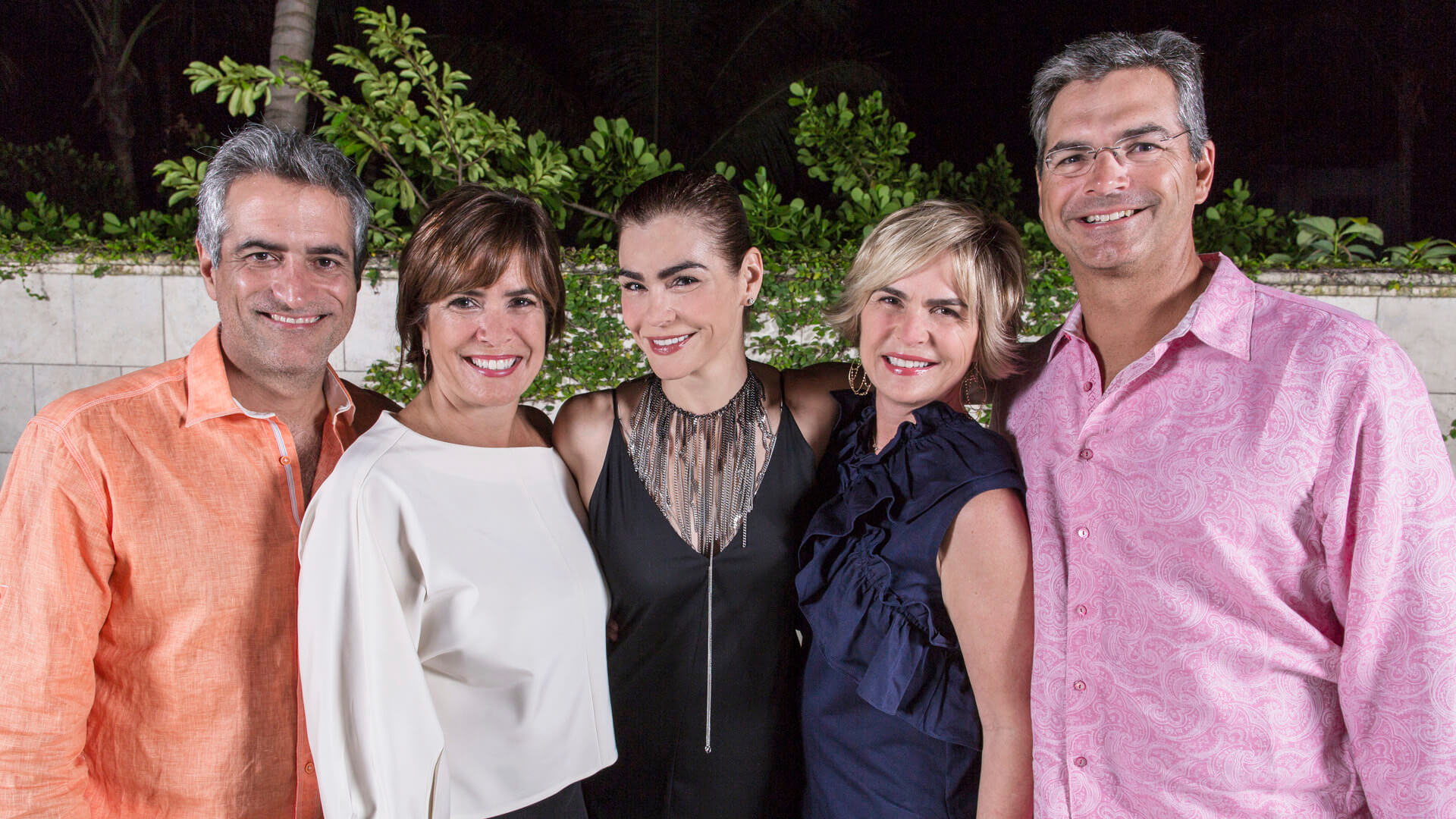
“It began with our great-grandfather, who was an immigrant. He left Cuba during the Spanish-American War in 1898 or so, landing here in Puerto Rico when he was 17 years old. He was employed as a mechanic, fixing machinery used in the sugarcane industry. Eventually, he got married and had eight children. (…) These two generations concentrated on expansion, building strength into their enterprises – Puerto Rico Iron Works and the Puerto Rican Cement Company.” – Luis Alberto Ferré Rangel
What are the defining moments in Grupo Ferré Rangel’s history?
Luis Alberto: It began with our great-grandfather, who was an immigrant. He left Cuba during the Spanish-American War in 1898 or so, landing here in Puerto Rico when he was 17 years old. He was employed as a mechanic, fixing machinery used in the sugarcane industry. Eventually, he got married and had eight children.
There were a lot of mouths to feed, so he founded an ironworks, sent his children to reputable universities in the US and completed an engineering degree through correspondence. When his children returned from school, he set up a company to capitalise on the economic development and industrialisation that characterised the Puerto Rican economy between 1930 and 1960. These two generations concentrated on expansion, building strength into their enterprises – Puerto Rico Iron Works and the Puerto Rican Cement Company.
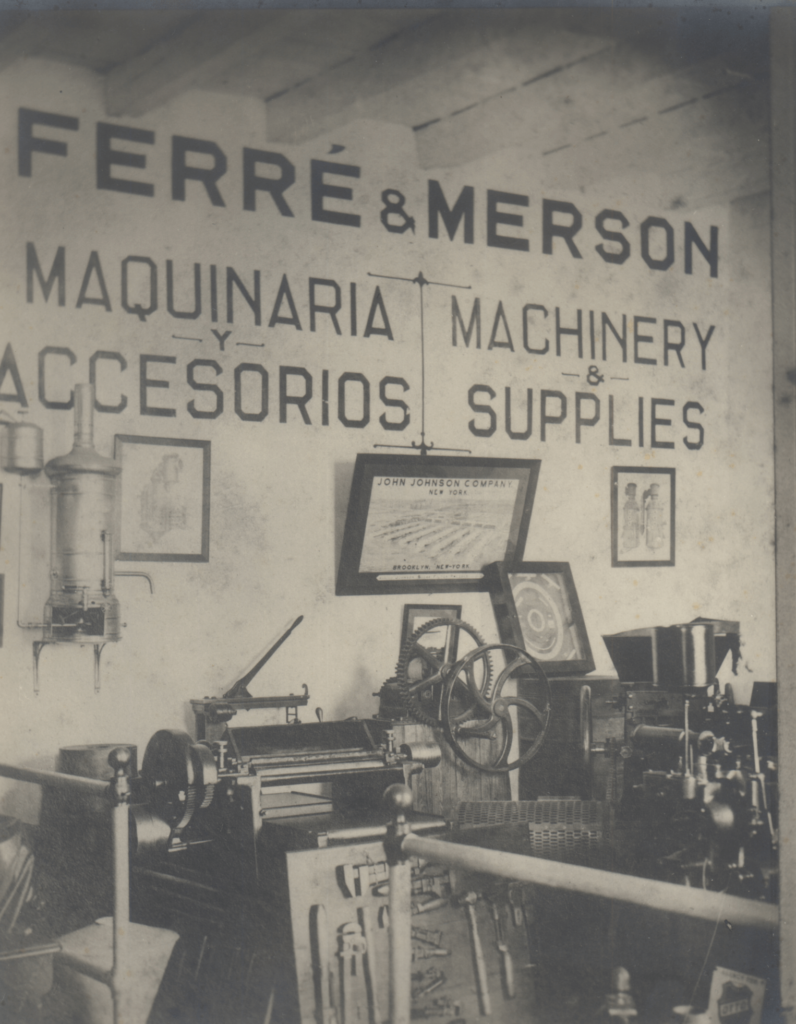
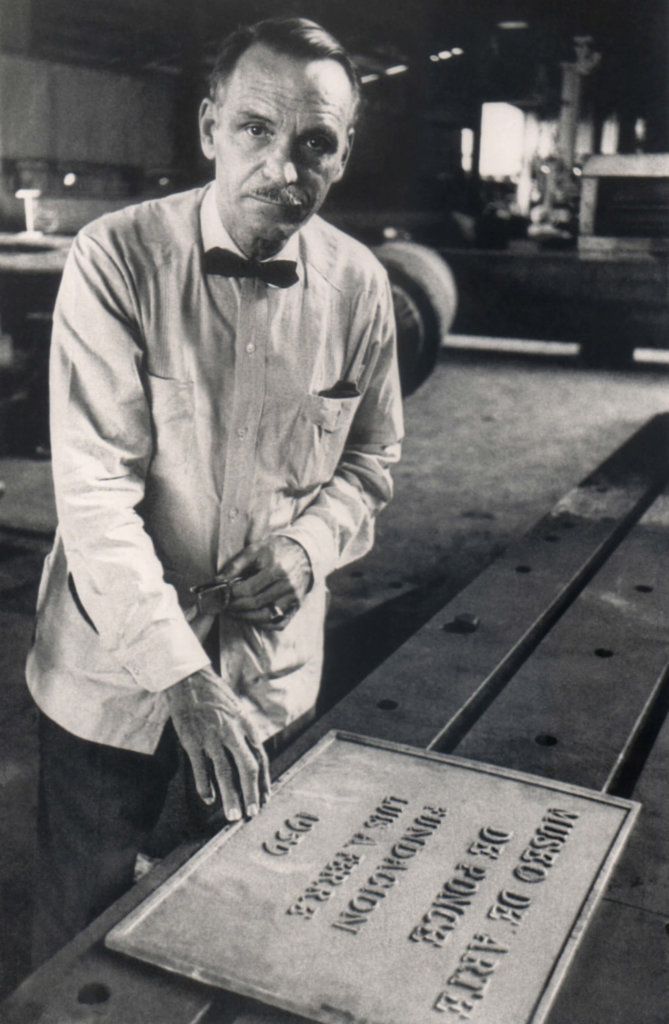
Their efforts were duly rewarded when in 1963 we became the first Puerto Rican company listed on the stock exchange. During the same period, our grandfather, Luis A. Ferré also established a museum of art in Puerto Rico. His love of art runs through our entire family.
Our father, Antonio Luis Ferré, began his career in the cement company but had entrepreneurial aspirations of his own and didn’t stay there for long. When our grandfather was elected Governor of Puerto Rico, he was ethically bound to sell off his interests in the press, and our father saw an opportunity. He bought our grandfather’s small media company and moved it to San Juan eventually producing the country’s foremost newspaper.
Puerto Rico’s shifting economy through the 80s and 90s necessitated diversification – we were forced to shift our businesses’ interests along with it and drop cement and iron, Grupo Ferré’s foundational industries. Conversely, our father’s media business flourished, supported by a growing middle class. Right now, we’re in the midst of a third transition – prioritising opportunities outside of Puerto Rico and increasing our international exposure.
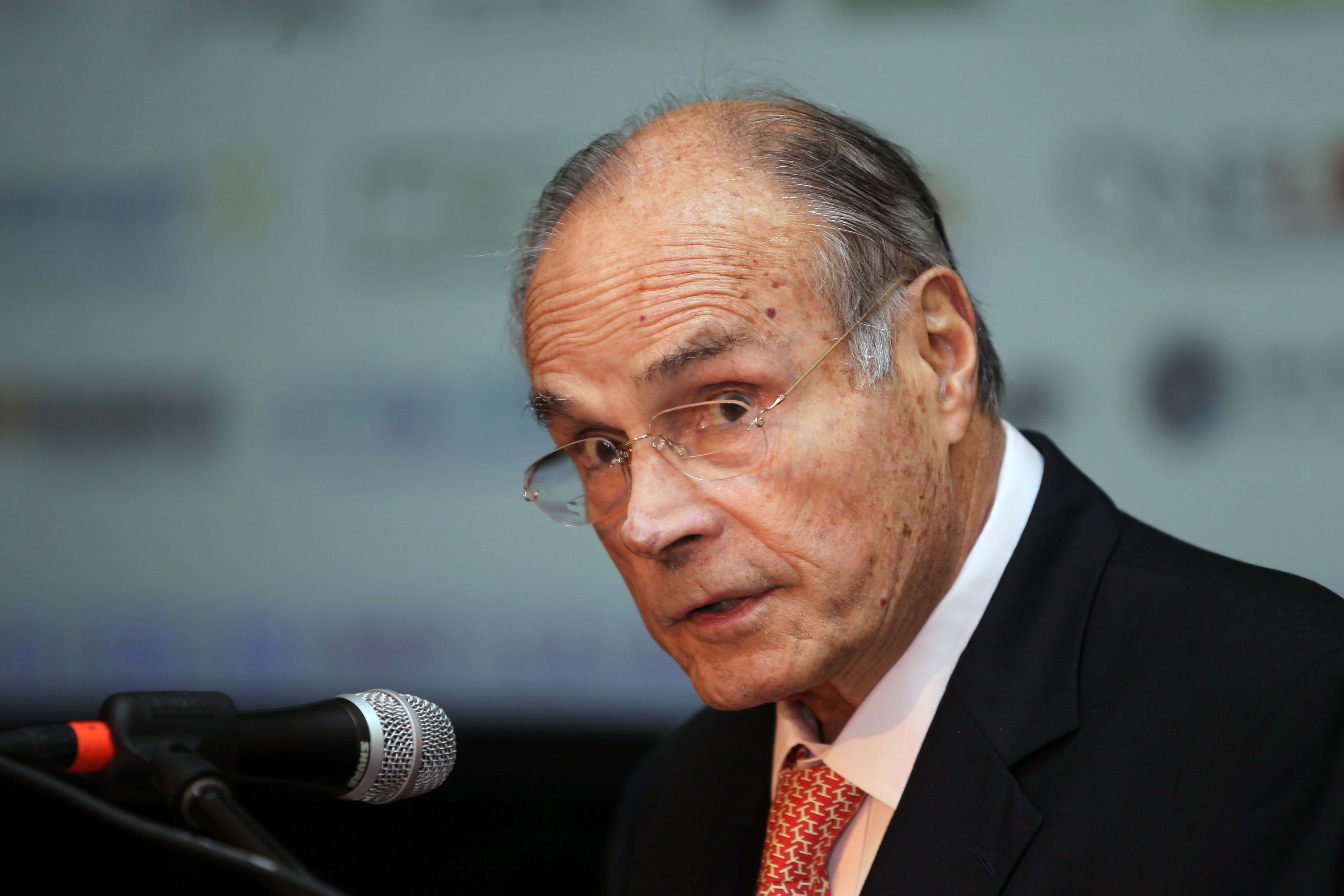
How did you come to join the family business?
María Eugenia: We always say we joined the business the moment we were born. As children, we were exposed to the family business on a daily basis. The newspaper was a recurring theme at the dinner table – in a way, the sixth child of the family.
I formally began my journey with Grupo Ferré Rangel in 1991 when I joined our newspaper’s advertising department, working my way through the various areas of the publication. Today, I head the media group together with my siblings.
Luis Alberto: I started at the paper when I was very young. It was an ideal placement – my educational background as a history major belies my interest in politics and public affairs. As a journalist, I developed a systemic view of Puerto Rican social and economic issues. Eventually, I became the editor of both papers that fall under our banner – this was my job for 20 years. I recently transitioned to a new role and am now directly involved in Grupo Ferré’s social innovation strategy, a vehicle intended to strengthen Puerto Rico’s entrepreneurial ecosystem through family.
Antonio Luis: After completing my MBA, I began my career on the other side of the family business: our cement and construction materials company. After a decade, we sold the business, and I became involved in the main family group, initiating much of our strategic planning and overseeing operations. I’m now the CEO of our real estate group, which is currently divesting risk and moving away from Puerto Rico, looking instead towards the US and other international markets.
“We made business decisions as a cohesive unit around the table, where, case by case, we learned about the benefits of timely decision-making and the significance of flexibility. As a result, we maintain a lean structure without too many administrative or bureaucratic barriers, avoiding anything that might inhibit our ability to alter course as the climate dictates. We must act conscientiously to preserve a robust consumer base while simultaneously exercising our ability to change.” – Antonio Luis Ferré Rangel
Your family has shown the ability to let go of industries and activities at the right time. How do you maintain such agility as part of your family’s culture?
Antonio Luis: Absolutely, and I think this culture was conveyed through family meals. We made business decisions as a cohesive unit around the table, where, case by case, we learned about the benefits of timely decision-making and the significance of flexibility. As a result, we maintain a lean structure without too many administrative or bureaucratic barriers, avoiding anything that might inhibit our ability to alter course as the climate dictates. We must act conscientiously to preserve a robust consumer base while simultaneously exercising our ability to change.
María Eugenia: The previous generations also showed us that recruiting talented non-family members to complement our leadership and operations is imperative. In nurturing, developing and empowering employees, we benefit from their experience. They offer us alternative perspectives, which are crucial, especially at the board level, where their deep knowledge and diverse backgrounds help us think through strategies and opportunities.
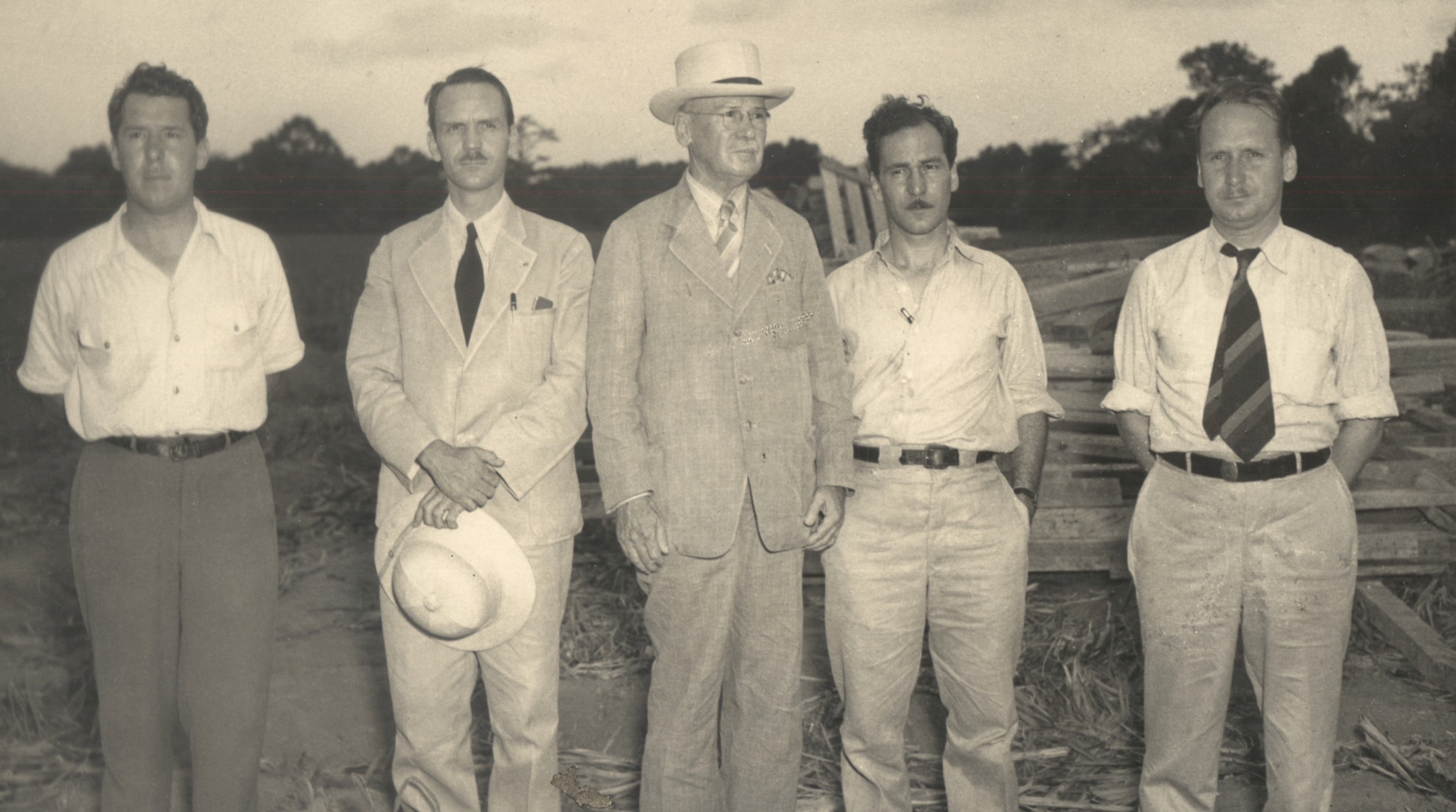

Your family has changed directions a few times and been through various economic and technological disruptions. How is the current industrial revolution different from what your family business has previously been through?
María Eugenia: I think that every generation feels that they face faster shifts and changes than any previous one. Of course, we have known for over 15 years that the technological changes would be dramatic and wide-reaching and that was largely because we were primarily a media company. We quickly understood that we had to diversify into real estate and other interests and not rely on the media company as the chief source of income. It is still one of the most important activities we have in terms of impact; we believe it is our responsibility to continue informing our community and raising the important themes that concern our society. We take a very long-term perspective on the benefits the media group will create that go well beyond the financial gains.
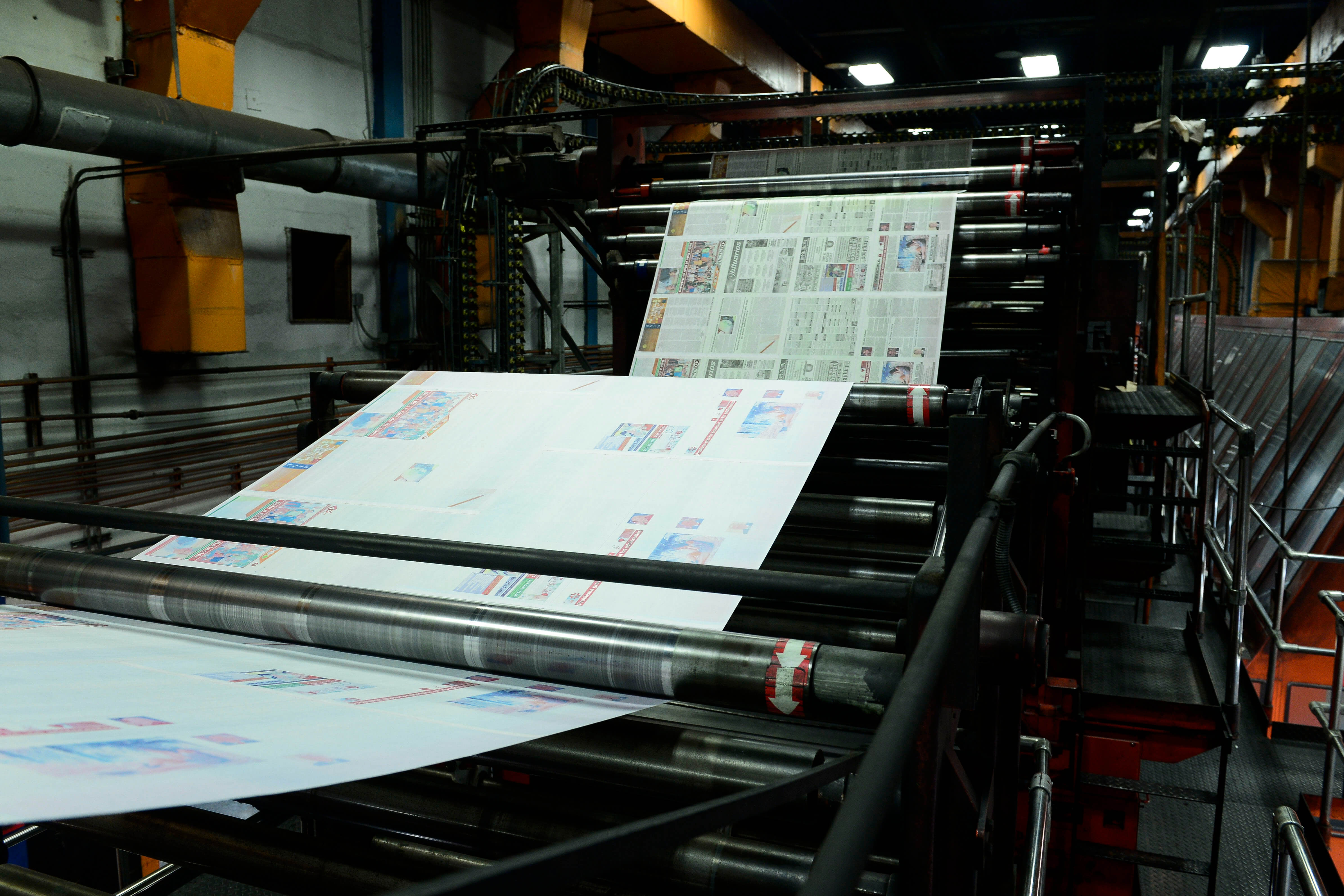
What is your decision-making process when it comes to diversification and what prompted the move to internationalise?
Antonio Luis: Our governance structure involves all shareholders, board members, external advisors and internal managers in the decision-making process. The family council also plays a role. We focus our resources equally on three aspects: diversification, Puerto Rican-centric investments and socially impactful opportunities. Widening the scope of our portfolio across classes, industries and geographies will benefit the next generation.
“We’re working to implement a curriculum that teaches students about social innovation at a grassroots level. The goal is to encourage early involvement to help young people grow businesses so they can make a difference in their community and put their enterprising skills to use.” – María Eugenia Ferré Rangel
What do you hope to achieve with your strategy to encourage social innovation?
Luis Alberto: Social innovation is one of the family’s core values. It started with our grandfather, who established a foundation for his employees when he set up the cement company in the 1930s. He was incredibly progressive in an era defined by conservatism. Our father extrapolated on his precedent, expanding the concept through the newspaper, which has a social mandate. The lessons we learned managing the media business helped prepare us for the work required after the hurricane.
Part of the reason I transitioned into my current role was to facilitate a strategy of long-term sustainability for Puerto Rico. We use guidelines set out by the United Nations to address economic issues as well as gaps in areas like education, access to healthcare and the environment.
Our strategy is threefold. Firstly, we’re building capacity through communication. There are assets in place and investors with ample capital looking to make an impact, but a bottleneck exists in their inability to make connections with deserving entrepreneurs. As a media company, we can help establish those connections and drive the process forward.
Secondly, we’re establishing infrastructure for social enterprises to invest in Puerto Rican businesses. Again, the capital is there, but currently, the instruments for impact investing do not exist. The trend is only growing momentum, and Puerto Rico must get involved.
María Eugenia: The third part involves education. We’re working to implement a curriculum that teaches students about social innovation at a grassroots level. The goal is to encourage early involvement to help young people grow businesses so they can make a difference in their community and put their enterprising skills to use.
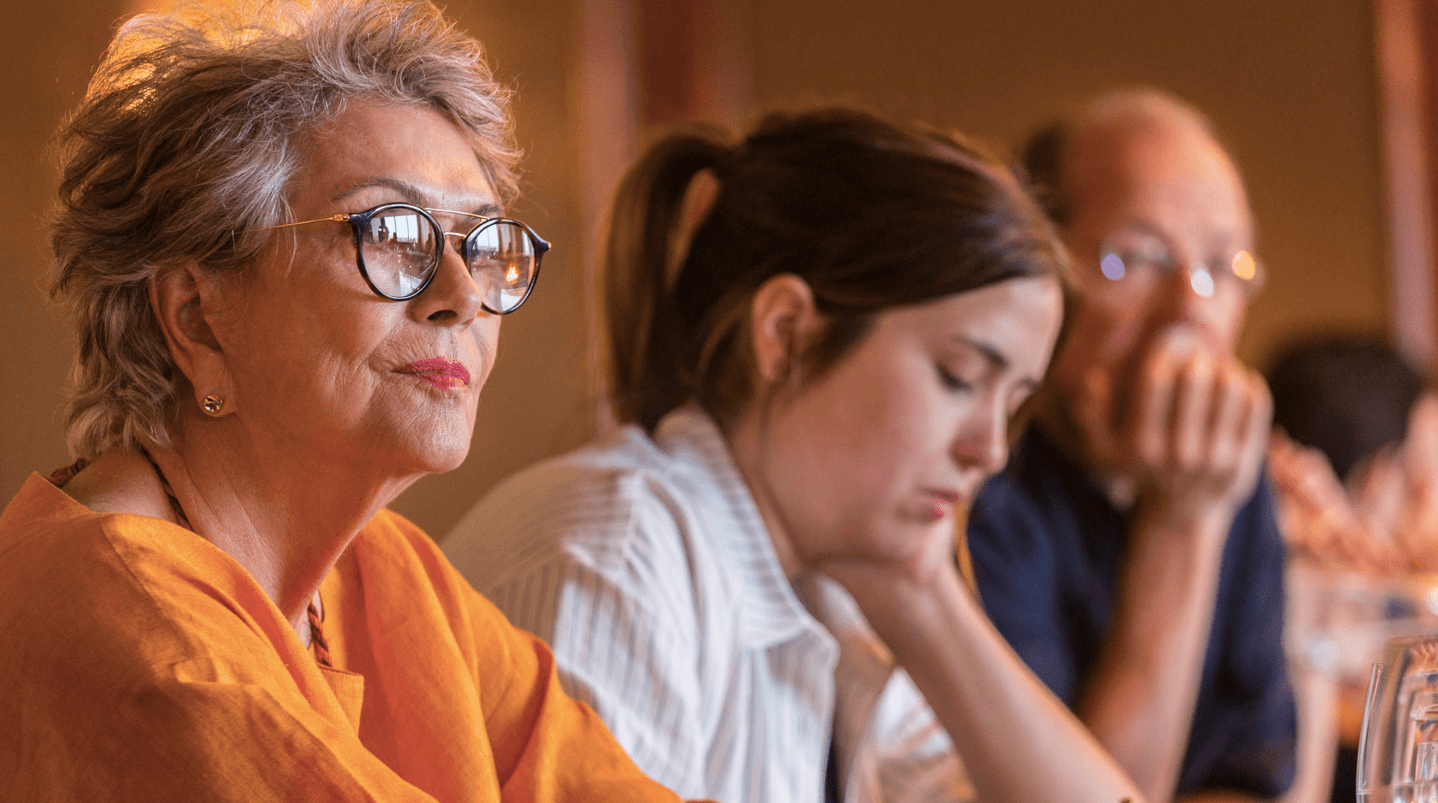
How do you measure success when you are involved in so many industries?
Antonio Luis: We have established a set of pillars to address specific returns on the targets we generate. Numbers don’t necessarily measure success – execution is more important.
Luis Alberto: When it comes to social innovation, we’ve begun incorporating the United Nations’ new key performance indicators to measure our progress.
María Eugenia: Employee engagement is another factor we look at. If employees are enthusiastic about our mission, and we can keep their focus, our strategy is working. If there are deficits in information, education and training – this was a challenge following the hurricane – then we know we our business model requires modifications going forward.
What is the role of family businesses in Puerto Rico’s economic landscape?
Antonio Luis: Many of Puerto Rican SMEs are owned and operated by families. In some cases, they are structurally informal, but their contributions to national growth and prosperity cannot be underestimated.
Some of these family businesses are struggling. The hurricane and 15 years of economic depression have tested their resiliency. They’ve been forced to reinvent themselves, and the results are encouraging. Before the hurricane hit, family businesses in Puerto Rico didn’t necessarily collaborate; that’s completely changed now, and the implications are far-reaching. This willingness to cooperate, coupled with our bicultural capacity, represents an incredible opportunity for international collaboration.
“We’ve given our children the freedom to choose whether or not they want to work for the family business. We want them to think critically, be independent and make choices both for themselves and the common good. We’ve raised them as forward-thinking young adults able to flourish in any outside business that interests them.” – Luis Alberto Ferré Rangel
What challenges do you anticipate for the next generation in building your family’s legacy of success and social advancement?
Luis Alberto: We’ve given our children the freedom to choose whether or not they want to work for the family business. We want them to think critically, be independent and make choices both for themselves and the common good. We’ve raised them as forward-thinking young adults able to flourish in any outside business that interests them.
Antonio Luis: Besides thinking globally, the most significant challenge will be discovering how they can optimise their collaborative efforts and stay engaged. They need to understand and respect each other’s ideas so they can all contribute, regardless of whether their contributions are internal or external. They’ll need to cultivate a mentality that prioritises positive impact, the preservation of family assets and the formulation of creative strategies.
María Eugenia: This mindset, of course, must also extend to the non-family members on the team, and our next-gens need to ensure they surround themselves with the right collaborators. Finding people that are engaged and see the family business as their own is a challenge, but it’s also a tremendous opportunity and one that we are honoured to have.


